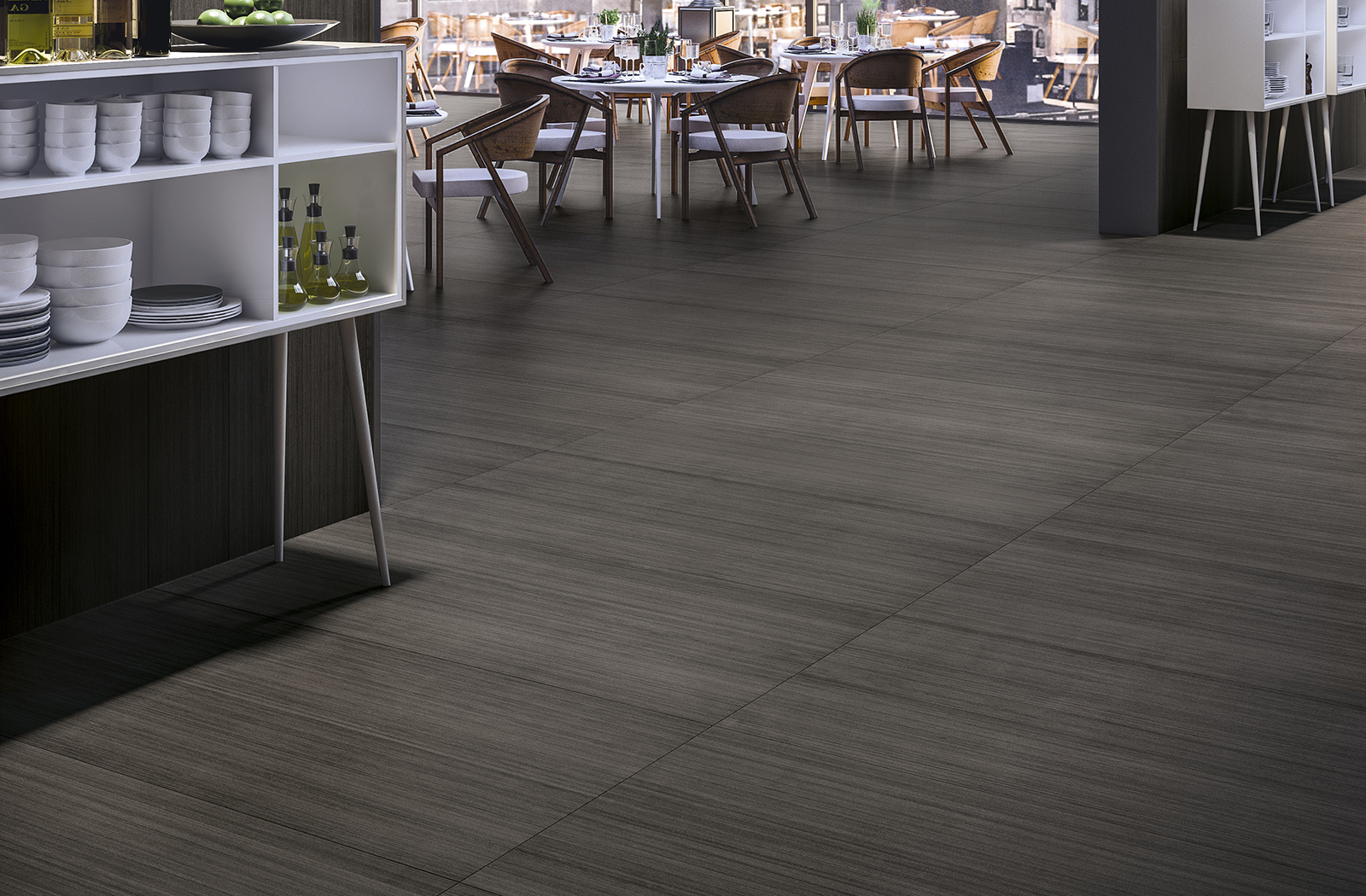A GUIDE TO USING NATURAL STONE: LIMESTONE & TRAVERTINE
Travertine
Travertine is a form of limestone deposited from mineral springs and known for its aged look. The Romans used travertine for building temples, bath complexes and amphitheatres. One example is the Colosseum, the largest building in the world that is constructed of mostly travertine. It’s been used in exterior applications but is not suitable in areas with extreme changes in temperature. Travertine is used for interior wall and floor applications. Travertine is not recommended for countertops due to its high acid sensitivity.
More Product Recommendation: More Premium Stone Sealer is a high performance, water-based, penetrating natural stone sealer that forms an invisible barrier which provides maximum protection against the toughest oil and water-based stains. The right choice for the most demanding professionals and expert stone craftsmen. More Stone and Tile cleaner is a concentrated daily cleaner specifically formulated for cleaning natural stone and tile surfaces. Safety dissolves dirt and grime and leaves behind streak-free shine. No rinsing is required.
Mosaic Latte Honned
Tile Travertine Silver
Tile Latte Versaille Pattern Straight Edge & Brushed
Slab Ocean Black Honed
Limestone
Limestone is a sedimentary stone composed mainly of Calcium Carbonate and known for its earth tones. It has been used for many landmarks around the world. One example is the Great Pyramid. Although most Limestones are not frost resistant, there are some types that are. Most Limestones have a relatively high absorption rate and sensitivity to acid that makes them a risky choice for countertops. Owners should ensure careful use and meticulous maintenance. Most commonly used for interior flooring and wall cladding. Sealing is highly recommended.
Similar to marble, these stones should be isolated from any stress or other in-plane movement cracks in the substrate with the use of Flextile Flexilastic 1000 or FlexMat Uncoupling Membrane. Flextile 52 Versatile, 66 FlexLite, 56SR and 61 Full Coverage mortars are suitable bond coats, with the 66 and 56SR being the preferred options for vertical/wall applications. These stones are absorptive and require sealing or the use of a grout release prior to grouting in most instances.

















